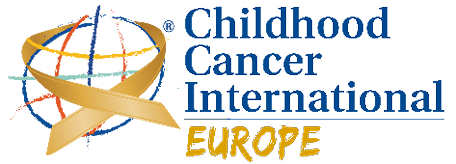Bridging the gaps between Childhood Cancer Survivors and Healthcare Providers
The paper was originally published in the European Journal of Cancer on March 19, 2024.
There are more than 500,000 Childhood Cancer Survivors living in Europe. They, as well as childhood cancer survivors in other parts of the world, are facing an increased risk of developing health problems that require lifelong survivorship care. But what happens when there are information and knowledge gaps among childhood cancer survivors and healthcare providers about the requirements for Survivorship Care? Is there a way to address them, so we can improve the person-centred Survivorship Care across Europe?
In a recent paper, CCI Europe along with 17 other partners from eight European countries that participate in the PanCareSurPass project, presented their answer to these questions. The Survivorship Passport (SurPass) is a digital tool providing Childhood Cancer survivors and healthcare providers with a comprehensive summary of the respective survivor’s past treatment and tailored recommendations for follow-up care. By leveraging the digital transformation of healthcare, the goal of the project is to scale up and implement the digital Survivorship Passport tool in routine clinical care, through a robust assessment of the implementation of SurPass in different healthcare settings.
According to the study:
“Wider use of the SurPass will allow for better responsiveness to the needs of survivors and healthcare providers and helps to reduce inequities by allowing childhood cancer survivors to arrange their own care when none is officially available in their health system. Thus, the effectiveness of health systems using the SurPass will increase over time”.
PanCareSurPass, by focusing on the person, aims to achieve a new state-of-the-art survivorship care in an easy-to-use digital tool. Overall, this will result in improved follow-up care (including the critical moment of transition from paediatric to adult care), better health promotion, secondary cancer prevention and reduction of inequity by increasing access to information.
Because all childhood cancer survivors should have access to a long term follow up care infrastructure that will help them improve their health and their wellbeing.
You can read the full paper here.

